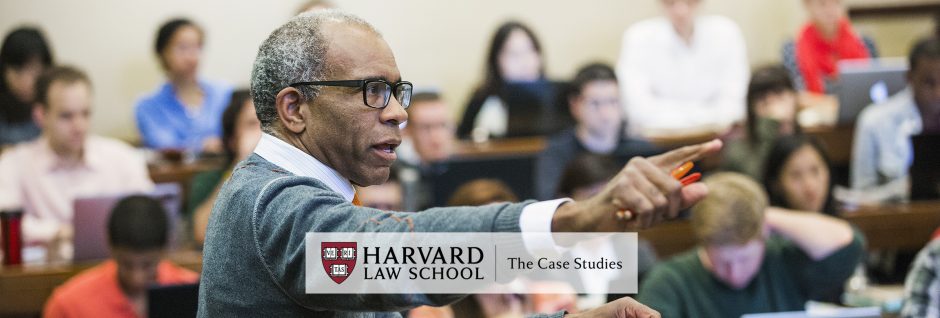By Amanda Reilly
It might seem self-evident that teaching is learner-centered, but the traditional lecture and rote memorization model actually doesn’t put students first. To address this issue, Dr. Maryellen Weimer wrote Learner-Centered Teaching: Five Key Changes to Practice. Dr. Weimer, professor emerita at Penn State Berks and 2015 keynote and guest presenter at Simmons College’s Center for Excellence in Teaching spring seminar uses innovative teaching practices to develop students’ independence and empower them to take responsibility for their own learning.
During her presentation at Simmons College, Dr. Weimer, who has been described as “one of the nation’s most highly-regarded authorities on effective college teaching,” explained the five characteristics of learner-centered teaching:
- Students should do the hard, messy work of learning. Teachers too often take on many of the learning activities that students should be doing. For example, students should engage in the process of summarization before the end of class instead of the teacher recapping important points. It is essential for students to do more than just listen. They must be fully engaged in reading, writing, discussing and problem solving.
- Students need to be explicitly taught “learning skills.” Teachers must create an intellectually robust climate for learning. That is done by teaching students “how to think, solve problems, evaluate evidence, analyze arguments, generate hypotheses—all those learning skills [are] essential to mastering matters in the discipline,” says Weimer. Dr. Weimer argues that educators should not cover all the content, but instead uncover part of it and help students discover the rest by guiding the caliber of the discussion.
- Students must have some control over learning processes. Typically, educators make all the learning decisions for students and have the power and authority on the content, pace, calendar, and learning method. Dr. Weimer poses the question: What is really left for the students to decide? Dr. Weimer posits that offering students a choice of conditions under which they learn will increase students’ feelings of empowerment.
- Students benefit from reflecting about what and how they are learning. Learning potential is maximized through review and debrief. Dr. Weimer advocates that educators should offer assignments that allow students to reflect, analyze, and critique what and how they are learning. This places more of the responsibilities of learning on the students. Weimer says, “Make them aware of themselves as learners and … make learning skills something students want to develop”— not something they just have to do.
- Students and teachers should have a collaborative learning relationship. Whether in traditional classroom settings or flipped classrooms with an online component, Weimer says that students and teachers learn from and with each other. She asserts that “the teacher has the expertise and an obligation to share it, but teachers can learn from students as well.” Learner-centered educators need to develop a community of learners to “promote shared commitments to learning,” such as highlighting a “good” answer during classroom discussion.
As students are grounded in their individual learning experiences, educators play the crucial role of fostering and facilitating students’ learning. Learner-centered teaching takes courage: many students would rather you tell them what they need to know, and may be reluctant to engage in this practice. However, students who acquire these learning skills improve their critical thinking, analysis, synthesis of course concepts, and are more able to evaluate their own learning.
Dr. Maryellen Weimer has a loyal following of educators from law, medicine and business programs. More than 15,000 educators subscribe to her newsletter and read her weekly weblog The Teaching Professor Blog. If you are curious about incorporating learner-centered policies, practices, techniques and approaches to your classroom, check out Dr. Weimer’s teaching resources and strategies at www.facultyfocus.com.
Amanda Reilly is the Program Associate for HLS Case Studies.
